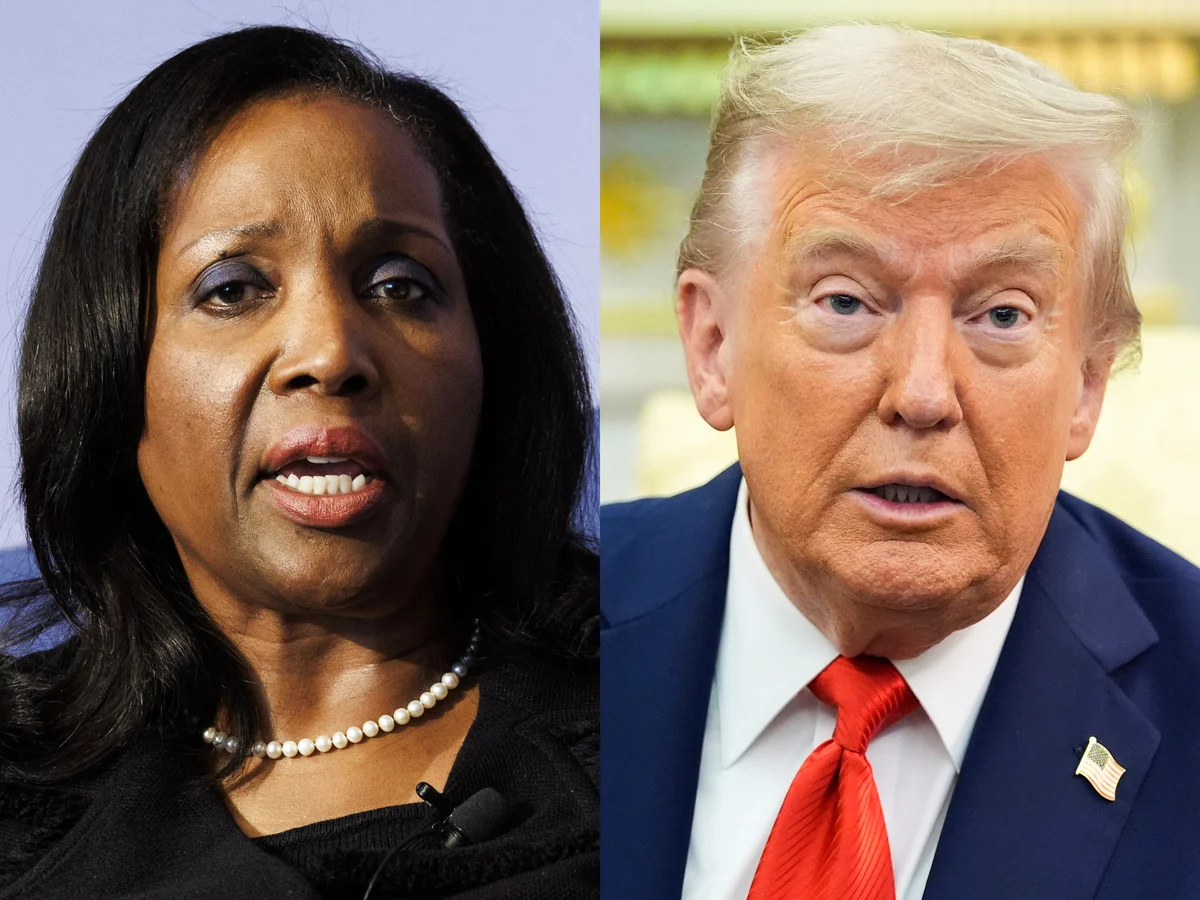A high-stakes legal battle is unfolding in Washington after President Trump’s unprecedented attempt to remove Federal Reserve Governor Lisa Cook, raising urgent questions about the independence of the U.S. central bank.
Historic First for the Federal Reserve
On Friday, U.S. District Judge Jia Cobb held the first-ever hearing on whether a president can fire a sitting Fed governor. The case, Cook v. Trump, seeks a temporary restraining order that would block Cook’s removal while the courts decide whether Trump has the legal authority to act. The judge did not issue a ruling immediately and instead requested more filings, signaling that a decision could come shortly after Labor Day.
The Legal Question: “For Cause”
At the heart of the case is the phrase “for cause,” which is written into the Federal Reserve Act. Fed governors, unlike many other federal officials, cannot simply be dismissed at the president’s discretion. However, the law has never been tested in court, and no governor has ever been removed in the institution’s 112-year history.
Trump’s legal team argues that alleged irregularities in Cook’s past mortgage documents amount to “cause” for dismissal. Her attorneys counter that these claims are politically motivated, unrelated to her service on the Fed, and insufficient grounds for termination.
Independence of the Central Bank at Stake
The outcome of this case could set a precedent with enormous implications. If the court rules in Trump’s favor, future presidents may feel empowered to dismiss Fed officials who resist political pressure, potentially eroding the institution’s independence.
Cook, who has often aligned with Chair Jerome Powell, has supported a cautious approach to interest rate cuts—clashing with Trump’s repeated calls for aggressive reductions. The case has therefore become not only a legal dispute but also a flashpoint in the broader debate over the Fed’s role in shaping economic policy free from political interference.
What Comes Next
Judge Cobb has ordered additional briefs to be submitted early next week, with an expedited decision expected soon. Many legal experts predict the case will eventually reach the Supreme Court, given its constitutional and economic significance.
For now, Governor Cook remains in her position. But the ruling ahead may reshape the balance of power between the White House and the nation’s most important financial institution—potentially altering how monetary policy is conducted in the United States for decades to come.
















Leave a Reply